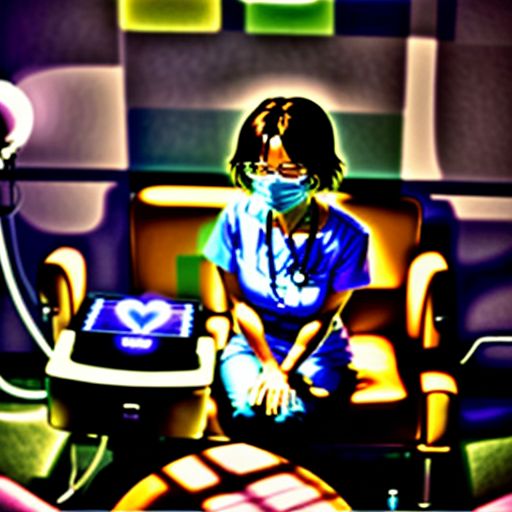Imagine this: you’re struggling with both an addiction and a mental health disorder. It feels like a double whammy, each issue feeding into the other, making it nearly impossible to see a way out. This is the reality for many individuals facing a dual diagnosis, also known as co-occurring disorders. The good news? There is specialized help available at Dual Diagnosis Treatment Centers.
Understanding Dual Diagnosis and Its Challenges
What Does Dual Diagnosis Mean?
Dual diagnosis refers to the presence of both a substance use disorder (such as addiction to alcohol, drugs, or prescription medications) and a mental health disorder (like depression, anxiety, PTSD, or bipolar disorder). These conditions often occur together and can significantly impact an individual’s life, making it challenging to manage daily tasks, maintain relationships, and achieve overall well-being.
Why is Treatment So Important?
Treating only one condition while ignoring the other is like putting a band-aid on a much deeper wound. The untreated issue can sabotage recovery efforts and lead to a vicious cycle of relapse. Dual diagnosis treatment centers recognize the interconnected nature of these conditions and offer integrated treatment plans that address both simultaneously.
treatment.phatgiao60s.com/wp-content/uploads/2024/07/dual diagnosis treatment-6694fc.jpg" alt="Dual Diagnosis Treatment" width="512" height="512">Dual Diagnosis Treatment
Inside a Dual Diagnosis Treatment Center: What to Expect
Comprehensive Assessments and Personalized Care
Upon entering a dual diagnosis treatment center, individuals undergo thorough assessments to determine the specific nature of their conditions, their severity, and any underlying factors contributing to them. This personalized approach allows for the creation of a tailored treatment plan that targets each individual’s unique needs.
Evidence-Based Therapies for Lasting Change
Dual diagnosis treatment centers utilize a multidisciplinary approach, incorporating evidence-based therapies to address both addiction and mental health. These therapies may include:
- Individual therapy: Providing a safe space to process emotions, develop coping mechanisms, and address underlying trauma.
- Group therapy: Fostering peer support, learning from others’ experiences, and developing communication skills.
- Family therapy: Repairing relationships, improving communication, and creating a supportive home environment.
- Medication management: Prescribing and monitoring medications to alleviate mental health symptoms and reduce cravings.
Building a Foundation for Long-Term Recovery
Dual diagnosis treatment centers go beyond addressing the immediate crisis. They equip individuals with essential life skills and coping strategies to maintain sobriety and manage their mental health long after leaving treatment. This may involve:
- Relapse prevention planning: Identifying triggers, developing coping mechanisms, and establishing a support system.
- Life skills training: Focusing on essential areas such as communication, stress management, and healthy boundary setting.
- Vocational rehabilitation: Assisting individuals in re-entering the workforce, finding employment, and achieving financial stability.
Taking the First Step Towards Healing
Seeking help for dual diagnosis is a courageous step towards reclaiming your life. If you or a loved one is struggling with co-occurring disorders, remember that you’re not alone. Dual diagnosis treatment centers offer the specialized care and support needed to break free from the cycle of addiction and mental health challenges, paving the way for a brighter and healthier future.
Don’t hesitate to reach out and explore the resources available. Your journey towards recovery starts with a single step. What are your thoughts on dual diagnosis treatment? Share your experiences or ask any questions you might have in the comments below!
